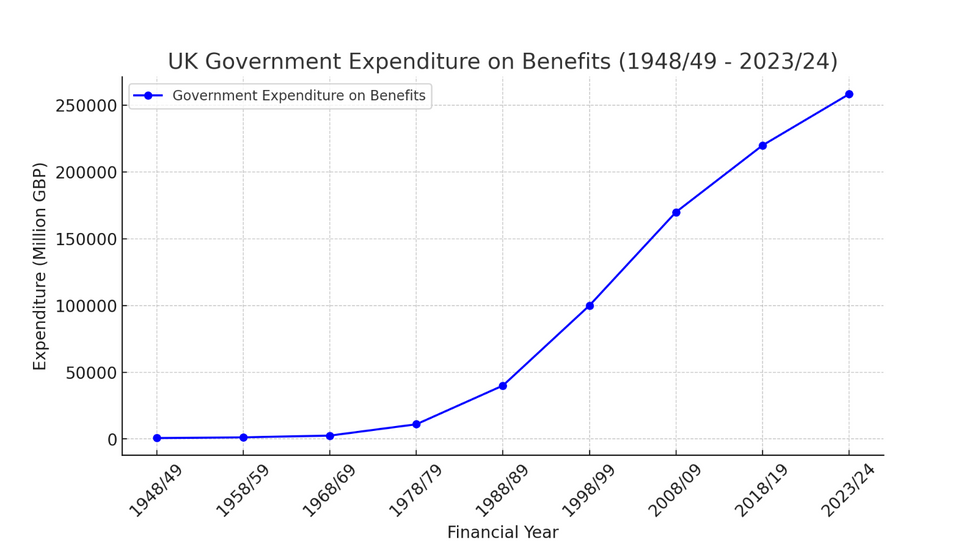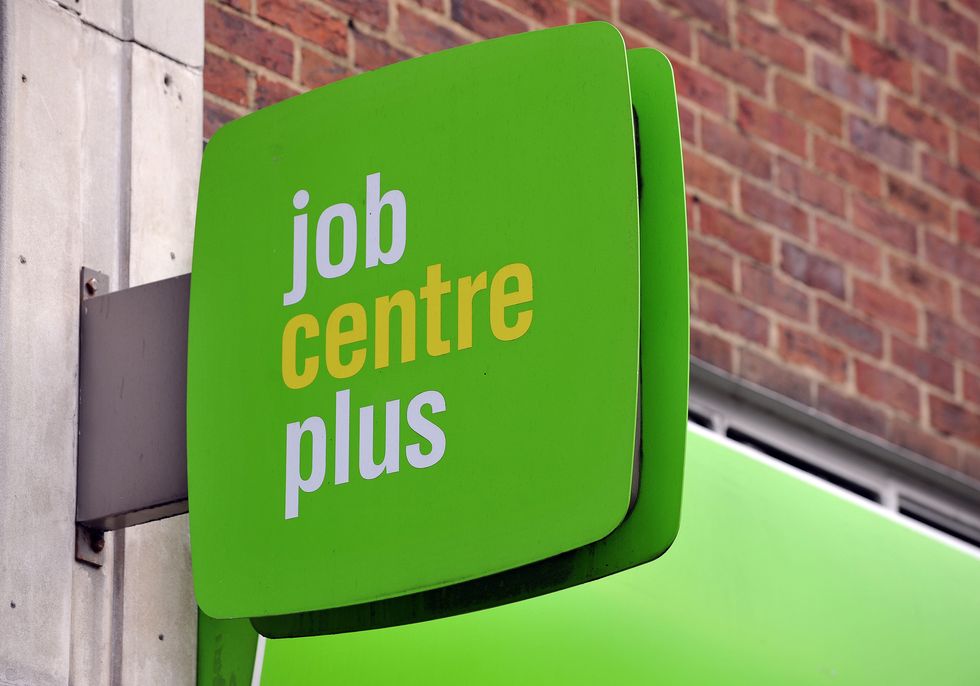Universal Credit claimants to lose nearly £100 per week in DWP overhaul: 'Huge drop in income!'

The DWP is preparing to tighten the eligibility criteria for certain benefit payments, including Universal Credit
Don't Miss
Most Read
Thousands of Universal Credit claimants are at risk of losing nearly £100 per week under proposed reforms being drawn up by the Department for Work and Pensions (DWP).
Charities, including Disability Rights UK, is urging the Labour Government to U-turn on its decision to scrap the health component for under 22s linked to the primary benefit for working-age people.
As it stands, the Limited Capability for Work and Work-Related Activity (LCWRA) element for Universal Credit is applied to most adults aged between 16 to 21, if they are struggling to maintain employment due to health issues.
According to Disability Rights UK, almost 110,000 disabled adults in Britain are at risk of being financially worse-off by nearly £100 every week if the changes are given the green light.

Universal Credit changes could leave young people nearly £100 worse-off
|GETTY
Other disability rights groups, including Contact and Special Needs Jungle, are calling on MPs to vote against the under-22 proposal and rallying the general public to join the campaign against it.
According to campaigners, the DWP's Green Paper is defending restricting access to the Universal Credit health component due to the number of young people who are described "NEET".
This is the term used to describe individuals who are classified as "Not in Education, Employment or Training", who DWP minister Liz Kendall is attempting to get back in the workforce.
However, research suggests removing access to the health element will not impact 73 per cent of 16-24 year old Britons who are deemed to be a part of this economic group.
Do you have a money story you’d like to share? Get in touch by emailing money@gbnews.uk.
 The UK government's expenditure on benefits has also increased over time, with the largest increase in 2020/21 due to the COVID-19 pandemic | ChatGPT
The UK government's expenditure on benefits has also increased over time, with the largest increase in 2020/21 due to the COVID-19 pandemic | ChatGPT Disability Rights UK claims this move will impact primarily on disabled young people who are considered to be NEET due to difficulties in navigating the job market.
Furthermore, some young disabled people who have been able to move into work will also be negatively impacted by this policy, the campaign group claims.
Thousands of disabled people use low-paid or part-time jobs, while still claiming Universal Credit, to top up their earnings.
Under the reforms, a disabled worker who is aged under 22 could receive up to £97 per week less Universal Credit as a result of no access to a health element.
LATEST DEVELOPMENTS:
 The DWP is making dramatic changes to its services, including to Jobcentres | PA
The DWP is making dramatic changes to its services, including to Jobcentres | PAOn its website, Disability Rights UK stated: "The proposed policy will not just impact young disabled people who are NEET, but also many young disabled people who are in education.
"Despite barriers to students claiming UC, it is often possible for those in non-advanced education who have passed the August after their 19th birthday to successfully claim UC as an adult.
"Under the current system, low-income families with a disabled 19-year-old already have to contend with a drop in income of at least £29.25 per week when their child stops being treated as a dependent and starts claiming UC in their own right.
"However, under the Government’s proposal, young disabled people aged under 22 would only receive £73 rather than £170 per week, meaning a much greater drop in household income."











